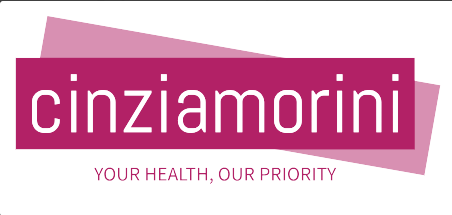
Are you suffering from a sinus infection? If yes, try sinus infection antibiotics online and treatment for an effective recovery. Sinus, also called sinusitis or rhinosinusitis, is an infection that occurs when your nasal cavities get inflamed. Sinuses are spaces in your forehead, cheeks and nose usually filled with air or buildup fluid that allow germs to grow, leading to a sinus infection. The common cold is the most common cause of sinusitis, although other viruses, bacteria, fungi, and allergens can also cause it. Other symptoms include facial pain, a runny or stuffy nose, and occasionally a fever.
What is Sinus Infection (Sinusitis)?
A sinus infection is an inflammation or swelling of the tissues lining your sinuses. Your face contains structures called sinuses that are typically filled with air. Allergies, bacterial infections, and viral infections can irritate them, resulting in blockage and fluid accumulation. A stuffy nose, nasal congestion, and facial pressure and pain are some of the symptoms that may result from this.
What are sinuses?
Your head has four pairs of cavities, or spaces, called sinuses. They are connected by narrow passages. Sinuses build up mucus that drains out of the passages in your nose. This discharge keeps the bacteria, allergies, and other pathogens out of your nose.
Types of sinus infections
Your sinus infection type is determined by how frequently you get it and how long it lasts:
Acute sinusitis:
The duration of this type of sinus infection is less than four weeks. Usually, it’s a symptom of a cold or another respiratory disease. A bacterial infection (acute bacterial sinusitis) can be a cause.
Subacute sinusitis:
A subacute sinus infection can last for four to twelve weeks.
Recurrent acute sinusitis:
If an acute sinus infection recurs four or more times in a year, lasting seven days or more each time, it is considered recurrent.
Chronic sinusitis:
Recurrent sinus infections that persist for longer than 12 weeks.
Allergies, nasal polyps, and tooth infections are among the other illnesses that can cause sinus pain.
Symptoms of sinusitis
A cold and sinusitis might have some of the same symptoms. Sinusitis symptoms can include:
- Postnasal drip (Mucus running down your throat ).
- Facial pain or pressure.
- Stuffy and runny nose
- Feel pressure and pain in the teeth
- Pressure or pain in the ears.
- Fever
- Bad breath
- Cough and headache
- Tiredness
Treatment for sinus
Sinus infections don’t have a fast recovery. The severity and duration of the infection may affect the course of treatment.
OTC (over-the-counter) medicines:
In the short term, nasal decongestant spray can help reduce the symptoms of sinus infections. However, to prevent a rebound effect, which might exacerbate symptoms, you should only use it for a maximum of three days.
Steroid nasal sprays like triamcinolone or fluticasone (Flonase) can relieve the symptoms of nasal congestion without increasing the chance of rebound symptoms.
OTC antihistamines and decongestants can be beneficial with sinus infections, particularly if you also have allergies.
However, decongestants are generally not advised for those who suffer from glaucoma, excessive blood pressure, or problems with their prostate.
Before taking any of these medications, think about consulting a doctor to be sure they’re suitable for you.
Home remedies for sinus
Some home remedies can help relieve sinus infections:
- Keep hydrated.
- Take hot fluids like tea and soup (broth).
- Using a humidifier or breathing in moist air while relaxing your voice.
- Sleeping with your head up and upright.
- Applying sinus rinses.
- Applying a warm compress
For those suffering from chronic rhinosinusitis and other sinus infections, flushing out the nostrils may be beneficial.
Antibiotics
If no other treatment helps to relieve acute sinusitis caused by a bacterial infection, antibiotics can help.
